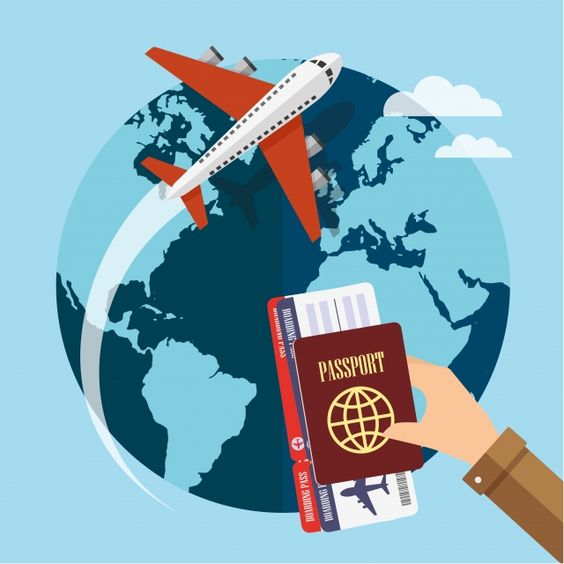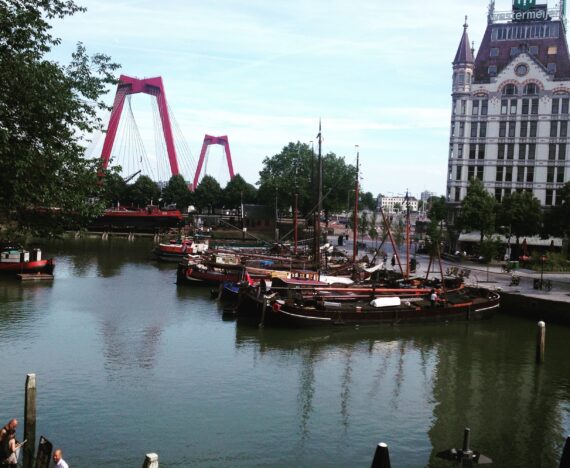Hello Going Expat people,
For some time now I have been more interested in what are the possibilities and requirements to move to Europe from a non-European country.
Are you looking for some support, let’s have a call. In the meantime with this article, I will try to cover the most relevant info on this matter.
It must be said that things are different depending on your nationality and why you want to move.
There are Visas for students, for workers, for those who rejoin the family and so on. What they all have in common is the importance of having a good amount of money on your saving account and a – possibily- a sponsor (ideal in most cases).
In order to help better understand this process I have collected, and continue to do so, testimonies of people who have lived the experience of moving to a European country from a non-European one, in first person.
The first experience I told on YouTube is that of Akiko who from Japan went to live in Belgium to join her Belgian husband.
This is followed by the stories of Itzél who comes from Mexico but also with his Italian passport, and the story of Allison, from Peru to the Netherlands for a Master.
Visa for family reunification
In this case, the partner on site will act as a sponsor and everything should go smoothly, but keep in mind that that person will have to meet the economic standards required by the State (in this case Belgium but the same applies to the Netherlands and most European countries). It will then be done a check on the income of this person to certify that they can take care of themselbes and the person who arrives in the country for a determined period of time.
This means that if you have an independent job, the amount of documents and evidence that you can handle the economic situation will be duplicated. You will also need a lawyer and an accountant to help develop the practice.
Student visa
There are many international students in many countries, and although there is a visa for them, the economic investment and criteria are not so obvious.
The first thing to do is to apply for the master’s degree or doctorate, in fact the visa is only for high levels of study. Once you are accepted the institution will be your sponsor for the duration of your studies (usuVisaally 2 years).
As Allison tells us in the video on YouTube, it is possible that you will be asked to pay in advance the whole course and, in cases where there is a private health insurance, you will have to pay for a whole year.
The visa itself has a cost that, from the testimonies collected, is around €200 (I reiterate here the need to look for information on the official websites of the reference countries for the amount that can vary)
During the study period, students can work for a maximum of 15/20h per week.
What happens after finishing school?
Once the period of study is over, the visa that you have expires and you will need to apply for another, a sort of visa of orientation that is worth a year and from the time to find a job. You no longer have a limit of working hours, but you will need to be able to prove that you can support your future life and thus stay in the host country.
This visa also costs between €200 and €300.
Work visa
There are various ways to get a work visa, but surely the best and easiest is through the employer who agrees to sponsor and then take charge of about €700 to pay in this case.
The modalities to obtain a work visa together with the residence permit also include the possibility to open an independent activity and not only to be hired, start a start-up etc…
At this link you will find all the information in the case of the Netherlands. In fact, not all companies can act as sponsors so it is important to pay attention to this phase.
The topic on the work visa and the residence permit (necessary after the 90 days you live in a European country) is too vast and I promise to talk to you in more detail as I collect clear and practical info.
Always keep in mind that depending on your nationality things can be different. There are non-European nationalities that need to take a language test after a short period of study, others that need specific residence permits, etc..
If you want to tell me your story, or need support in finding the info you need for your specific cases, write to rossella@goingexpat.info
More interviews with people of different nationalities who have moved to the Netherlands or Europe in general are soon available on YouTube.
Not only videos, but also articles in the Top Expat Tips area of the blog also with advice and info on European moving experience and info.
I talk to you soon.
Do you want to support the blog and what I do with Going Expat?
Then you can buy me a coffee
Rossella






